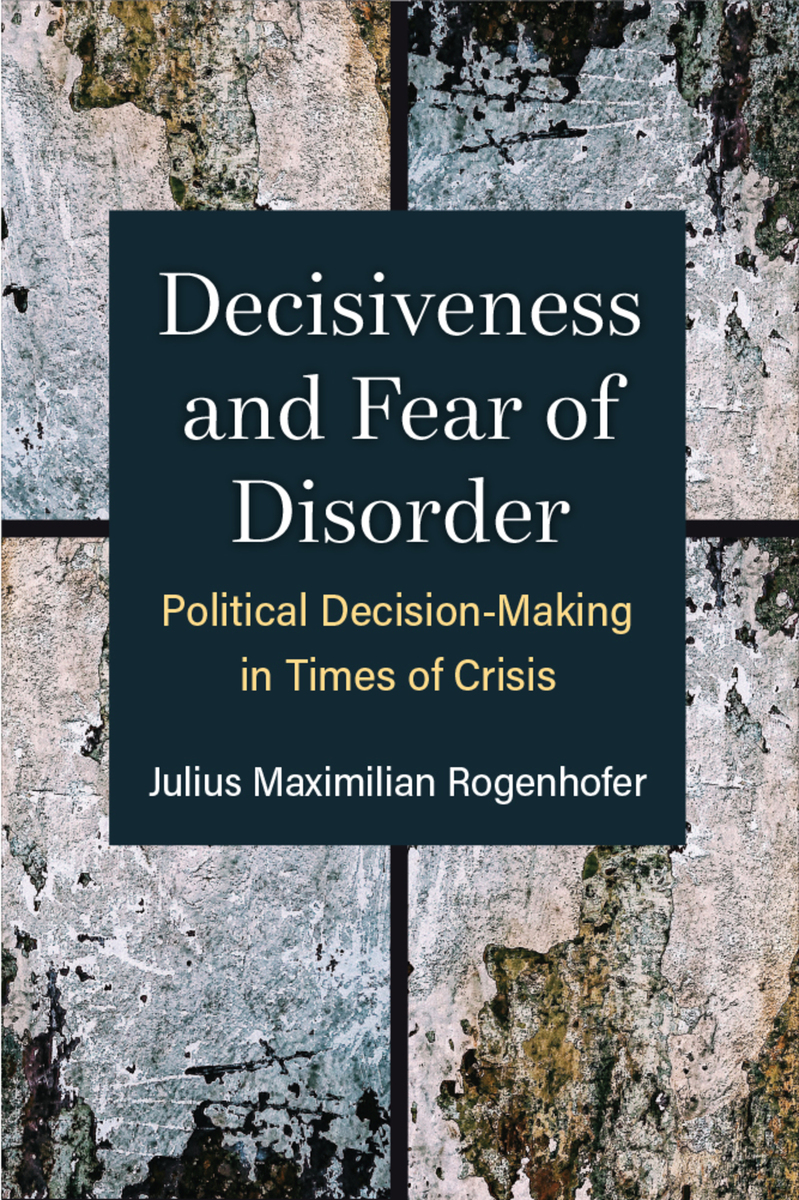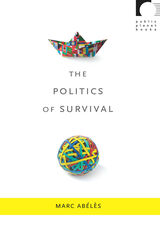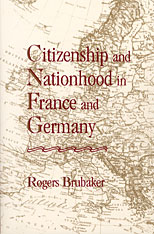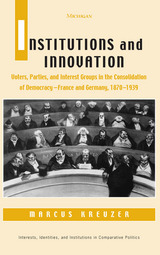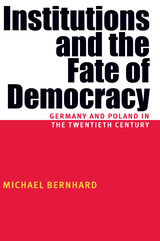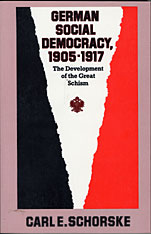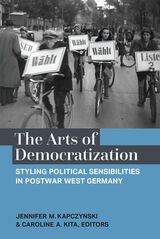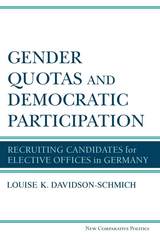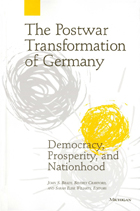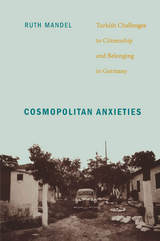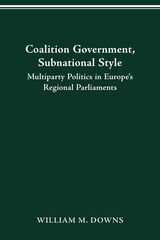Decisiveness and Fear of Disorder: Political Decision-Making in Times of Crisis
University of Michigan Press, 2024
Paper: 978-0-472-05605-7 | eISBN: 978-0-472-90339-9 | Cloth: 978-0-472-07605-5
Library of Congress Classification JN3971.A56
Dewey Decimal Classification 325.43
Paper: 978-0-472-05605-7 | eISBN: 978-0-472-90339-9 | Cloth: 978-0-472-07605-5
Library of Congress Classification JN3971.A56
Dewey Decimal Classification 325.43
ABOUT THIS BOOK | AUTHOR BIOGRAPHY | REVIEWS | TOC | REQUEST ACCESSIBLE FILE
ABOUT THIS BOOK
Decisiveness and Fear of Disorder examines how democratic representatives make decisions in crisis situations. By analyzing parliamentary asylum debates from Germany’s Asylum Compromise in 1992-1993 and the 2015-2016 refugee crisis, Julius Rogenhofer identifies representatives’ ability to project decisiveness as a crucial determinant for whether the rights and demands of irregular migrants were adequately considered in democratic decision-making. Both crisis situations showcase an emotive dimension to the parliamentary meaning-making process. As politicians confront fears of social and political disorder, they focus on appearing decisive in the eyes of the public and fellow representatives, even at the expense of human rights considerations and inclusive deliberation processes.
Rogenhofer shows how his theoretical approach allows us to reinterpret a range of crisis situations beyond the irregular migration context, including democracies’ initial responses to Covid-19, the European Sovereign Debt Crisis, and United States climate politics. These additional case studies help position concerns with decisiveness amid the challenges that populism and technocracy increasingly pose to representative democracies.
Rogenhofer shows how his theoretical approach allows us to reinterpret a range of crisis situations beyond the irregular migration context, including democracies’ initial responses to Covid-19, the European Sovereign Debt Crisis, and United States climate politics. These additional case studies help position concerns with decisiveness amid the challenges that populism and technocracy increasingly pose to representative democracies.
See other books on: 1990- | Decision making | Fear | Immigration | Political leadership
See other titles from University of Michigan Press
